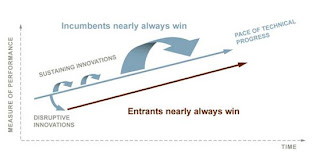 The recent global economic crisis, which escalated rapidly in the second half of 2008, has contributed to jolting shifts in the manufacturing sector in the United States and China as well as many other developed and developing economies. Even so, China’s manufacturing employment continued to grow from a total of 97.91 million at the end of 2007 to 99.01 million at yearend 2008. Though manufacturing workers in China are earning more than ever before, average hourly compensation costs were only $1.36 in 2008. China’s hourly compensation costs remain far below those of many of its East Asian neighbors like Japan ($27.80) and Taiwan ($8.68), but are roughly on par with those of others like the Philippines ($1.68).
The recent global economic crisis, which escalated rapidly in the second half of 2008, has contributed to jolting shifts in the manufacturing sector in the United States and China as well as many other developed and developing economies. Even so, China’s manufacturing employment continued to grow from a total of 97.91 million at the end of 2007 to 99.01 million at yearend 2008. Though manufacturing workers in China are earning more than ever before, average hourly compensation costs were only $1.36 in 2008. China’s hourly compensation costs remain far below those of many of its East Asian neighbors like Japan ($27.80) and Taiwan ($8.68), but are roughly on par with those of others like the Philippines ($1.68).
Manufacturing employment in China peaked in 1996.









